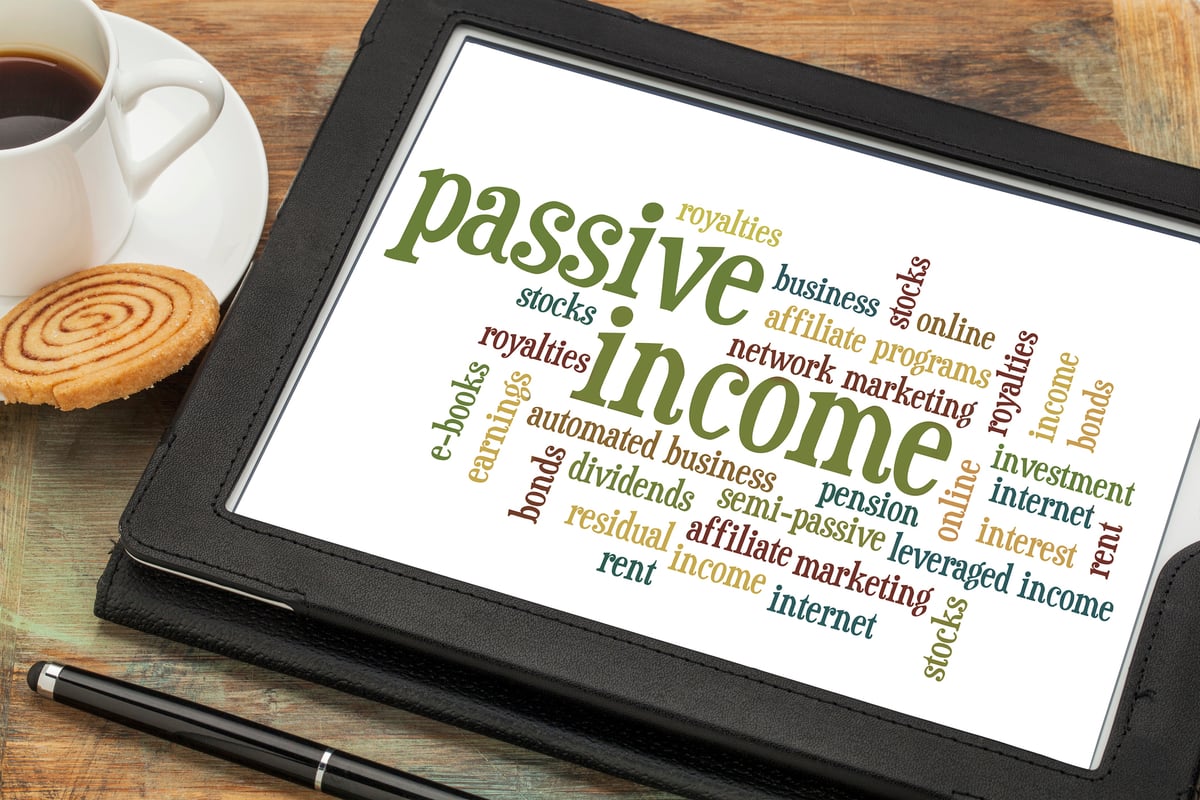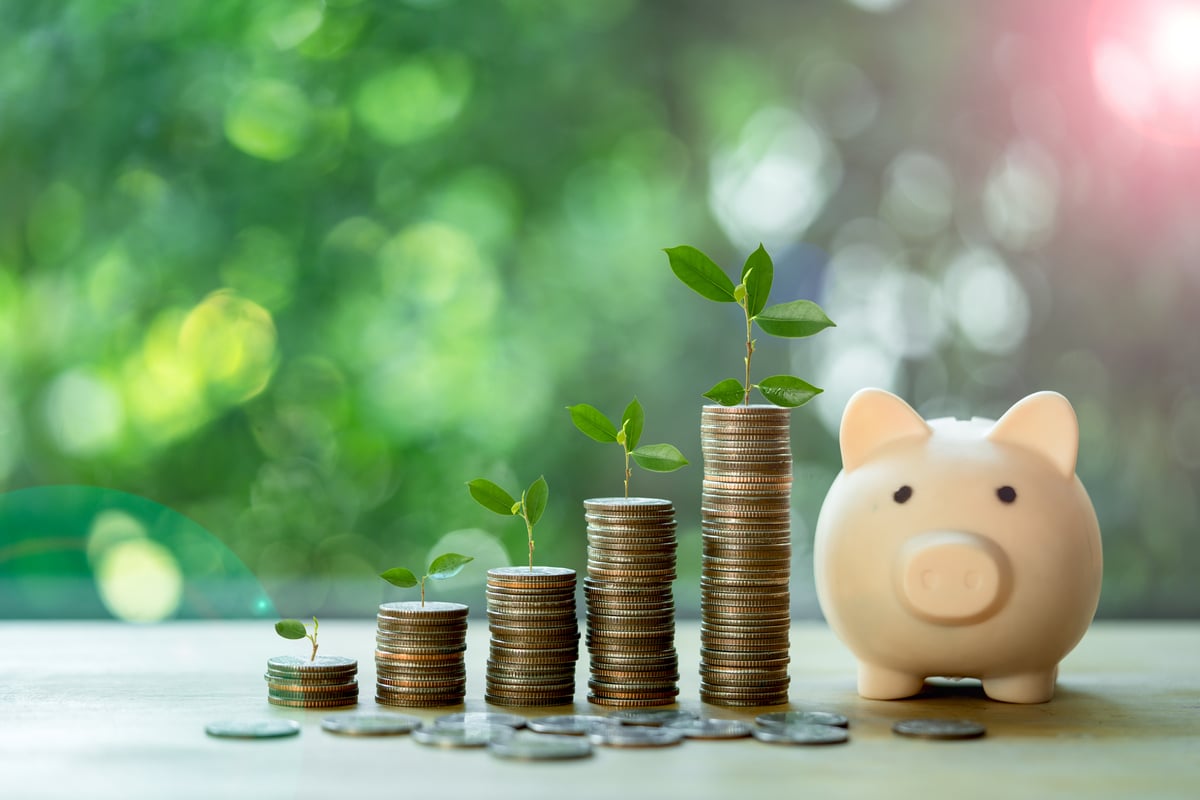What happened
Shares of Clorox (CLX 1.14%) rose 8.68% in March, according to according to S&P Global Market Intelligence. The stock increase was no doubt due to the company's namesake Clorox wipes and bleach products, which may see a surge in demand as people become more concerned about home sterilization in the age of COVID-19.

Image source: Getty Images.
So what
Clorox didn't release any specific information regarding the financial impact of the COVID-19 outbreak in March, only issuing a single press release outlining the company's $5 million donation to caregivers and front-line medical professionals. Clorox hasn't updated its financial condition since its early February earnings release, which in truth wasn't that impressive.
About 34% of Clorox's sales are in its household division, which includes Clorox wipes, bleaches, and Pine-Sol cleansers. That division is sure to see a boost in sales amid the outbreak. It's also possible the current stay-at-home economy is boosting the company's trash bags segment, which has been a problem division for the company over the past year. The effect on other business segments such as lifestyle, which includes water filters, lip balm, and vitamins, as well as grilling, is unclear at this point. However, it's reasonable to assume all may get a slight boost as stay-at-home orders last into the early part of the spring and maybe summer.
In addition, Clorox is also benefiting from the fact that it's a consumer staples stock that should produce stable or rising revenues and profits, while many other sectors see their revenue fall to zero or near zero for an unknown period of time.
Now what
Clorox's valuation has surged from a low-20s P/E ratio to 28 times earnings, and its dividend yield is now 2.4%. Those metrics are somewhat expensive in normal times, but today is anything but normal, especially as the Federal Reserve has effectively cut interest rates to zero.
Thus, Clorox should continue to hold up as a solid safe-haven stock with a reasonable yield, as investors park their money in such assets while waiting out the virus and subsequent economic downturn.






